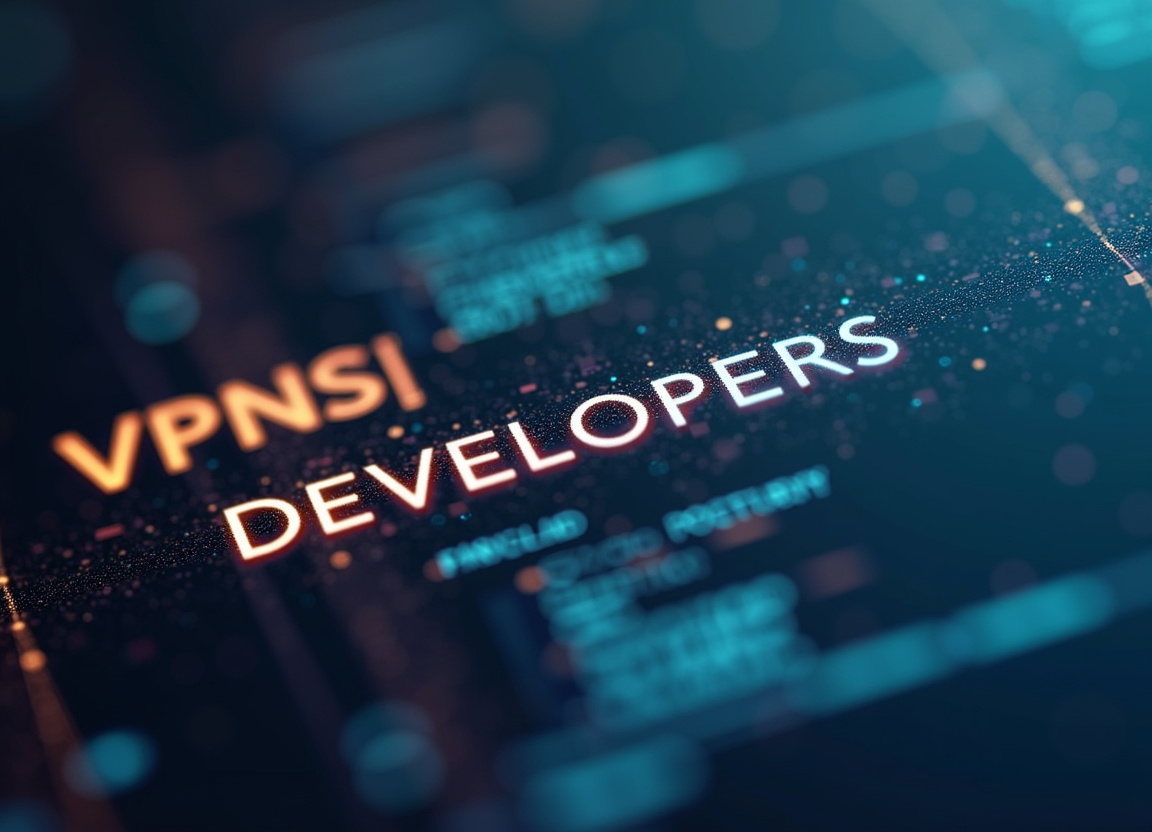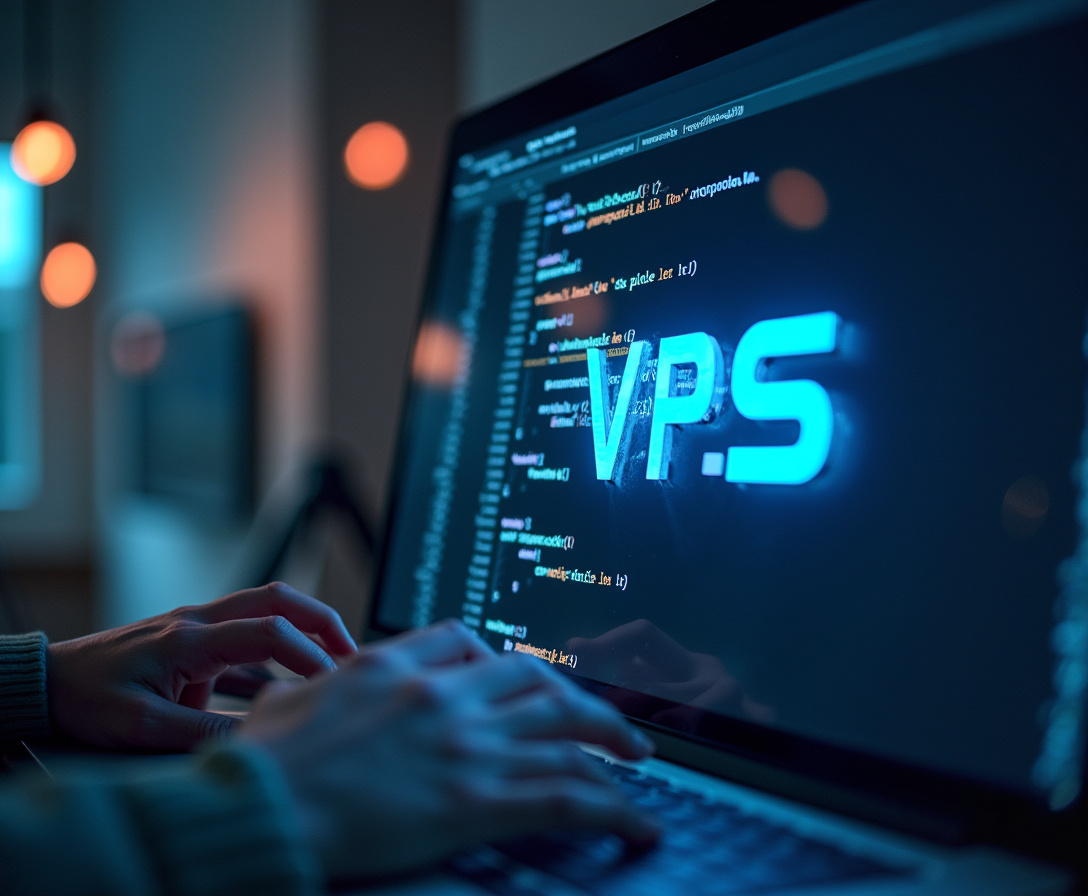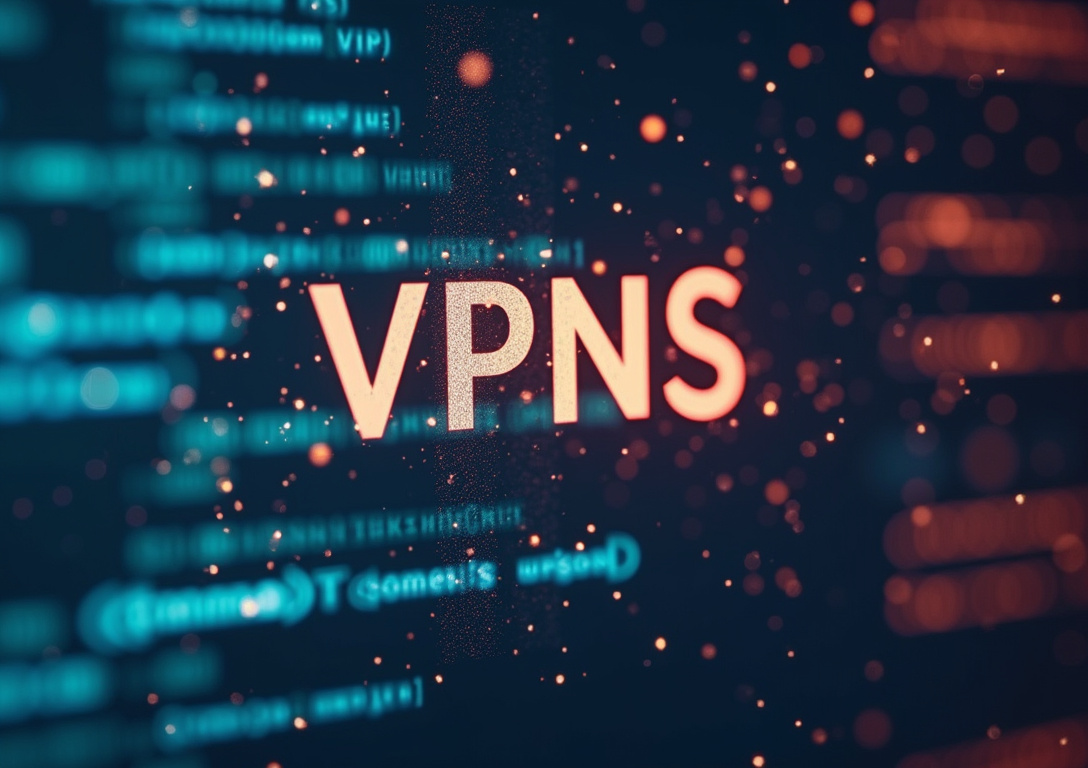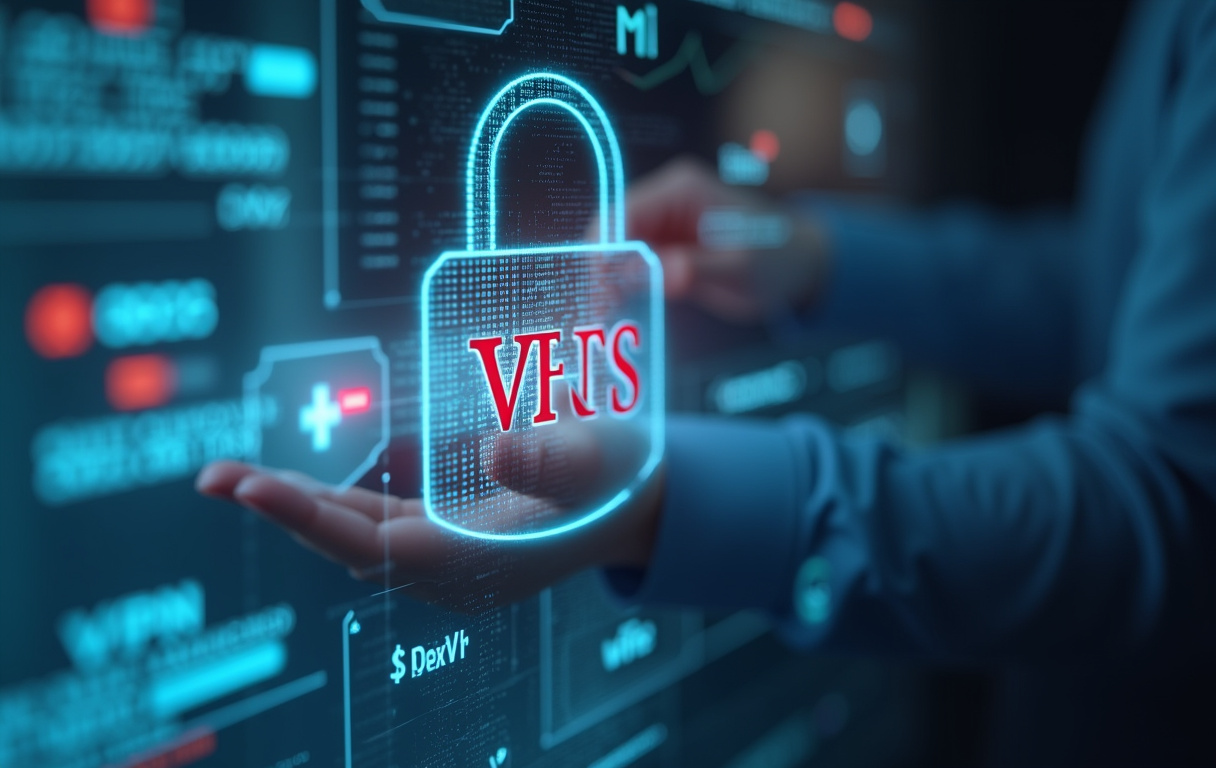VPNs for Software Developers: Protecting Source Code
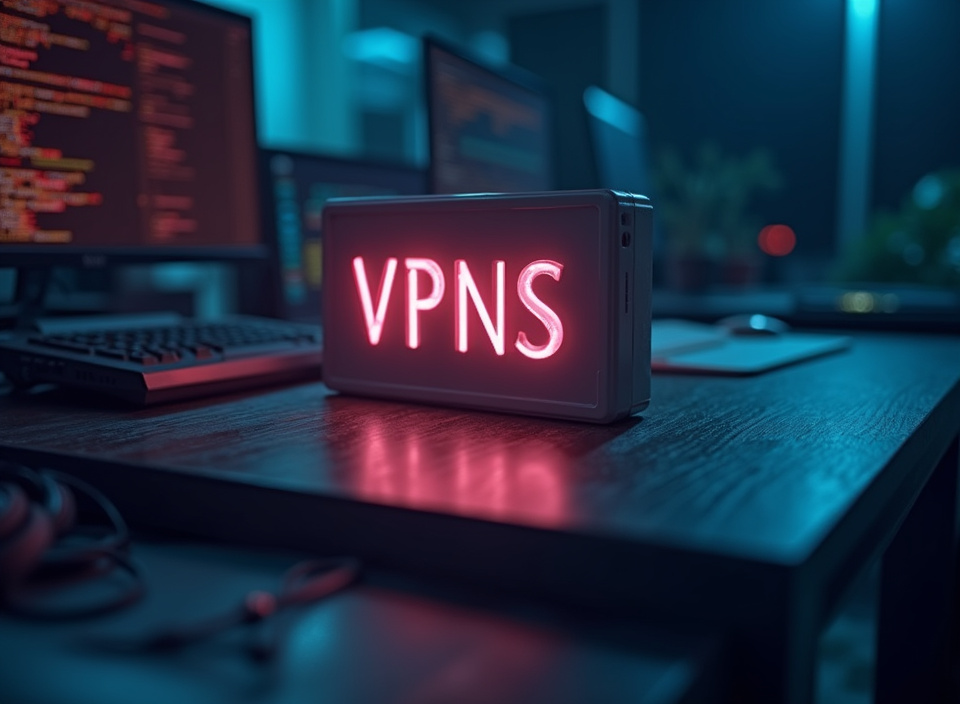
Table of Contents
Securing Your Code: VPNs for Game Developers
In the intricate world of software development, characterized by complex coding, collaborative environments, and the constant exchange of sensitive data, security stands as a paramount concern. Source code, the very foundation of any software application, represents a treasure trove of intellectual property and proprietary information. The unauthorized access, modification, or theft of this code can have catastrophic consequences, leading to financial losses, reputational damage, and legal repercussions.
Therefore, software developers must adopt robust security measures to protect their valuable assets and maintain the integrity of their projects. Among the various security tools available, a Virtual Private Network (VPN) has emerged as an essential component of a comprehensive security strategy. This article delves into the critical role of VPNs in safeguarding source code for software developers, exploring how they contribute to intellectual property protection, data privacy, and the overall security posture of development environments.
We will examine the specific vulnerabilities inherent in software development workflows and highlight how a VPN effectively mitigates these risks, ensuring a secure and resilient environment for innovation and collaboration. One of the most compelling reasons for software developers to utilize VPNs lies in their ability to enhance source code security. Source code serves as the blueprint for any software application, encompassing the intricate logic, algorithms, and specific instructions that dictate its functionality.
This code often represents years of dedicated effort, substantial investment, and the unique intellectual property of the development team. As such, its protection becomes a non-negotiable priority. If source code falls into the wrong hands, malicious actors can reverse-engineer the software, exploit vulnerabilities, steal proprietary algorithms, or even create counterfeit versions, undermining the original developer's competitive advantage and potentially causing significant harm to end-users.
The sensitive nature of software development projects further underscores the importance of robust security measures. Developers frequently work with confidential client data, sensitive financial information, or cutting-edge technologies that are subject to strict non-disclosure agreements. The unauthorized disclosure of this information not only violates contractual obligations but also exposes the developer and their clients to significant legal and financial risks.
A software developer VPN addresses these security concerns by establishing a secure and encrypted connection between the developer's device and the internet. When connected to a VPN, all internet traffic is channeled through a secure tunnel, where it is encrypted using advanced cryptographic algorithms. This encryption process transforms the data into an unreadable format, rendering it indecipherable to anyone who intercepts it without the correct decryption key.
Consequently, even if a hacker manages to gain access to the network, they will be unable to decipher the source code or any other sensitive information being transmitted. In addition to encryption, a VPN also masks the developer's actual IP address, replacing it with one from the VPN server. This effectively conceals the developer's location and makes it significantly more difficult to track their online activities or identify them as a target for malicious attacks.
This added layer of anonymity provides an essential safeguard against targeted surveillance and protects the developer's privacy. The combination of encryption and IP address masking makes a VPN an indispensable tool for protecting source code and sensitive development data.
Mitigating Threats: Enhanced Security with VPNs
Furthermore, the increasing prevalence of remote work and distributed development teams has amplified the need for VPNs in software development. Many developers now work remotely, either from home or while traveling, often relying on public Wi-Fi networks to access the internet. Public Wi-Fi hotspots, such as those found in coffee shops, airports, and hotels, are notoriously insecure, lacking the robust security protocols necessary to protect sensitive data.
These networks are often targeted by hackers, who can easily intercept unencrypted traffic and steal valuable information, including source code, credentials, and personal data. Using a VPN on a public Wi-Fi network is therefore crucial to mitigate the risks associated with these insecure connections. A VPN creates a secure and encrypted tunnel that shields all data transmitted over the network, protecting it from eavesdropping and unauthorized access.
This ensures that even if a hacker is lurking on the same network, they will be unable to decipher the encrypted data and gain access to sensitive information. Beyond enhancing security and protecting privacy, VPNs can also facilitate collaboration and access to international resources for software developers. In today's globalized development landscape, developers often collaborate with teams located in different countries or regions.
These collaborations may involve accessing development tools, libraries, or resources that are restricted to specific geographic locations. A VPN can bypass these geo-restrictions by allowing developers to connect to servers in different countries, effectively masking their actual location and granting them access to the restricted resources. This can be particularly valuable for developers working on projects that require access to specific APIs, databases, or software platforms that are only available in certain regions.
Moreover, VPNs can enable secure communication and collaboration between geographically dispersed team members. By encrypting all communication channels, including voice calls, video conferences, and file sharing, VPNs ensure that sensitive information remains protected from unauthorized access. This is particularly important when discussing confidential project details, sharing proprietary code, or exchanging client data.
Intellectual property protection represents another critical dimension where software developer VPNs play a pivotal role. In the software industry, intellectual property is often the most valuable asset a company possesses. This includes source code, proprietary algorithms, unique design elements, and other confidential information that gives the company a competitive edge.
The unauthorized use, reproduction, or distribution of this intellectual property can have devastating consequences, leading to substantial financial losses, damage to reputation, and costly legal battles. A software developer VPN can effectively mitigate these risks by providing a secure and encrypted environment for accessing, storing, and transmitting sensitive data. Software developers often rely on cloud-based repositories, such as Git, Bitbucket, or GitLab, to manage and collaborate on source code.
These repositories store the entire history of the project, including all versions of the code, making them a prime target for hackers. By using a VPN, developers can encrypt their connection to these repositories, preventing unauthorized access and ensuring that their intellectual property remains protected. This is particularly important when working on sensitive projects that involve trade secrets, proprietary algorithms, or confidential client data.
When collaborating with third-party vendors, contractors, or open-source contributors, the risk of intellectual property theft or unauthorized disclosure increases significantly. Sharing sensitive code or project details with external parties introduces the possibility of accidental leaks, malicious intent, or inadequate security practices. A software developer VPN provides a secure and controlled environment for these collaborations, ensuring that all communications and data transfers are encrypted and protected from unauthorized access.
By requiring all external parties to connect through a VPN, organizations can establish a consistent security baseline and minimize the risk of intellectual property breaches. In addition to encryption, some VPNs offer advanced features such as data leak prevention (DLP) and intrusion detection systems (IDS). These features provide an additional layer of protection against intellectual property theft and data breaches.
DLP systems monitor data in use, data in motion, and data at rest, searching for sensitive information and preventing it from leaving the corporate environment without authorization. IDS systems, on the other hand, monitor network traffic for suspicious activity and alert administrators to potential security threats. These advanced features can help organizations identify and prevent intellectual property theft, data breaches, and other security incidents.
Data privacy is another critical consideration for software developers, particularly in light of increasing regulations such as the General Data Protection Regulation (GDPR) and the California Consumer Privacy Act (CCPA). These regulations impose strict requirements on organizations regarding the collection, use, and protection of personal data. Software developers often work with sensitive user data, including personally identifiable information (PII), financial data, and health records.
Protecting this data from unauthorized access, disclosure, or misuse is not only a legal obligation but also an ethical imperative. A software developer VPN plays a crucial role in ensuring data privacy by encrypting all data transmitted between the developer's device and the internet. This encryption prevents unauthorized parties from intercepting and accessing sensitive user data.
Furthermore, a VPN can mask the developer's IP address, making it more difficult to track their online activities or identify their location. This added layer of anonymity helps protect user privacy and prevent targeted attacks. Moreover, VPNs can help developers comply with data privacy regulations by providing a secure and controlled environment for handling personal data.
By encrypting data, limiting data collection, and providing users with control over their personal information, VPNs can help organizations meet the requirements of GDPR, CCPA, and other data privacy regulations. When selecting a VPN for software development, it is essential to choose a provider that has a strong commitment to privacy and security. Look for providers that have a clear and transparent privacy policy, use strong encryption protocols, and have a proven track record of protecting user data.
Avoid free VPN services, as they often monetize user data through advertising or other means, potentially compromising privacy.
Beyond encryption and IP address masking, some VPNs offer additional features that enhance data privacy, such as DNS leak protection and a strict no-logs policy. DNS leak protection prevents web browsers from sending DNS queries to third-party servers, which can reveal a user's browsing history and location. A no-logs policy ensures that the VPN provider does not collect or store any information about a user's online activities, providing an additional layer of privacy.
These features are particularly important for developers who work with highly sensitive data or who are concerned about government surveillance. A software developer VPN is not just a tool for protecting source code and intellectual property; it is also an essential component of a comprehensive data privacy strategy. By encrypting data, masking IP addresses, preventing DNS leaks, and adhering to a strict no-logs policy, VPNs provide a robust solution for protecting user data and complying with data privacy regulations.
The use of a VPN can also mitigate the risk of man-in-the-middle attacks, a significant threat to software developers, especially when working on public Wi-Fi networks. In a man-in-the-middle attack, a hacker intercepts the communication between a developer and a server, potentially stealing sensitive information such as usernames, passwords, or source code. A software developer VPN encrypts the data transmitted between the developer and the server, rendering it unreadable to the hacker.
This prevents the hacker from accessing sensitive information and ensures that the communication remains secure. Furthermore, a VPN can protect against phishing attacks, where hackers attempt to trick developers into revealing their credentials or other sensitive information. Phishing attacks often involve fake websites or emails that mimic legitimate services.
A VPN can help prevent these attacks by blocking access to malicious websites and preventing developers from accidentally entering their credentials into fake forms. Choosing the right VPN for software development is a critical decision that requires careful consideration of several factors. Not all VPNs are created equal, and some providers offer better security, privacy, and performance than others.
When selecting a VPN, it is essential to prioritize security and privacy. Look for providers that use strong encryption protocols, such as AES-256, and have a proven track record of protecting user data. Avoid free VPN services, as they often come with significant security risks.
Free VPNs may log user data, inject malware into traffic, or sell bandwidth to third parties. It is always best to pay for a reputable VPN provider that has a strong commitment to security and privacy. Performance is also an important consideration, especially for software developers who require a fast and reliable connection for coding, testing, and collaboration.
Look for VPN providers that have a large network of servers in different locations, allowing you to connect to a server that is close to your physical location. This will minimize latency and ensure a smooth and responsive connection. User-friendliness is another factor to consider, especially for developers who are not familiar with VPN technology.
Choose a provider that offers a user-friendly interface and easy-to-use apps for all your devices. The VPN should be easy to install, configure, and use, even for beginners. Finally, consider the cost of the VPN.
While it is essential to prioritize security and privacy, it is also possible to find affordable VPN providers that offer excellent value for money. Compare the features, performance, and price of different VPN providers to find the best option for your needs.
In conclusion, a software developer VPN is an indispensable tool for protecting source code, safeguarding intellectual property, ensuring data privacy, and mitigating security risks in today's complex digital landscape. The vulnerabilities inherent in software development workflows, combined with the increasing prevalence of remote work and public Wi-Fi networks, make it essential for developers to adopt robust security measures. A VPN provides a secure and encrypted connection, masks IP addresses, prevents DNS leaks, and protects against man-in-the-middle and phishing attacks, all of which contribute to a more secure and private development environment.
The benefits of using a VPN extend beyond individual developers to encompass entire organizations. By implementing a VPN policy for all employees and contractors, organizations can establish a consistent security baseline and minimize the risk of data breaches, intellectual property theft, and other security incidents. A VPN policy should outline the requirements for using a VPN, including the types of data that must be protected, the devices that must be secured, and the circumstances in which a VPN must be used.
The policy should also specify the VPN provider that must be used, ensuring that all users are connecting through a secure and reputable service. Organizations should also provide training to developers on how to use a VPN and how to protect themselves from online threats. Training should cover topics such as identifying phishing emails, avoiding malicious websites, and reporting security incidents.
By investing in training, organizations can empower developers to make informed decisions about security and reduce the risk of human error. Integrating a VPN into the software development lifecycle is a best practice that can significantly enhance security and protect valuable assets. From coding and testing to collaboration and deployment.
A VPN should be an integral part of the development process. Developers should use a VPN whenever they are working with sensitive data, accessing remote servers, or connecting to public Wi-Fi networks. Organizations should also implement automated security checks to ensure that developers are using a VPN correctly and that their devices are properly secured.
These checks can include verifying that the VPN is connected, that the encryption is enabled, and that the operating system and software are up to date. The adoption of a software developer VPN is not simply a technical decision; it is a strategic investment in the long-term security, privacy, and success of software development projects and organizations. By prioritizing security and adopting best practices, developers can create a more secure and reliable environment for innovation.
Enabling them to focus on building great software without worrying about the ever-present threat of cyberattacks and data breaches. As the software development industry continues to evolve, the importance of VPNs will only increase. New threats and vulnerabilities will emerge, requiring developers to adapt and adopt new security measures.
A software developer VPN provides ongoing protection against security threats. The VPN keeps software projects & organizations secure and in compliance with data privacy regulations. By staying informed about the latest security trends and investing in a robust VPN solution, developers can ensure that their source code, intellectual property, and data remain protected for years to come.
The future of software security depends on the collective efforts of developers, organizations, and VPN providers to create a more secure and trustworthy online environment.
Stay Updated
Get the latest VPN news, tips, and exclusive deals to your inbox.

